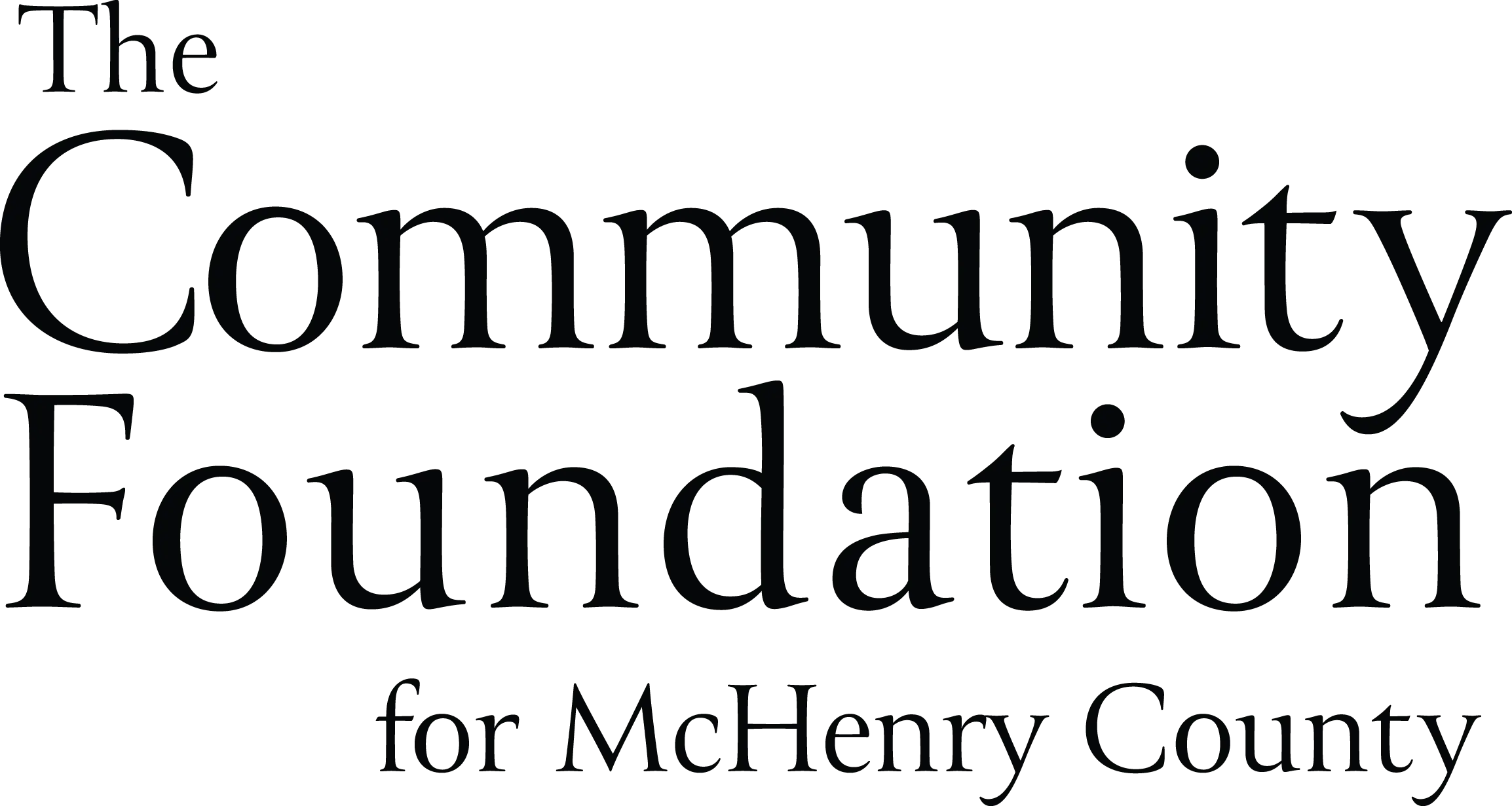Ice breakers: Three easy openers to talk about philanthropy
Addressing charitable giving priorities with clients does not need to be hard. The key is to be interested, relevant, and authentic. Here is a tip for each.
Show genuine interest.
Dale Carnegie’s maxim, “To be interesting, be interested,” is good advice for nearly every social or business encounter. Especially with charitable giving topics, showing interest is important because giving is very personal and emotional. When you are reviewing a client’s tax return, for example, ask about the charitable organizations the client supports. You’ll likely be amazed at the richness of the stories behind each gift.
Stay relevant.
Tax reform is on the minds of many clients. This gives you an opening to talk about potential changes to the tax rates and what might happen to capital gains treatment. Explore each client’s balance of charitable interests versus leaving inheritances to family members. Charitable clients will be glad to know you are up to date on lobbying efforts of nonprofit sector leaders. Indeed, many charitable clients serve on nonprofit boards whose members also would find this information useful. For example, in its April 16, 2021 letter to Secretary of the Treasury Janet Yellen, the Charitable Giving Coalition noted that the charitable deduction is “unique” and “promotes a selfless act, incentivizing taxpayers to give more funds to charities than they would otherwise give.”
Be authentic about COVID-19.
Nearly everyone has been affected by the pandemic in some way. Sharing your own experiences and impressions of 2020 and early 2021 will encourage clients to open up. Charitable giving is a natural topic of this conversation. According to a study conducted by Candid, U.S. foundations, corporations, and individual donors stepped up by granting more than $10.7 billion as of early 2021 to address pandemic-related challenges. “There is no doubt that philanthropy has responded to COVID-19 on a scale not seen before,” note the study’s authors. Inspiring statistics like these bring home the importance of charitable giving as part of a family’s overall financial and estate plan. And of course, please reach out to the community foundation for updates on how our board, staff, and donors are rallying to meet the COVID-19 challenges in our own community.
Partner with The Community Foundation for McHenry County for Your Clients’ Philanthropy
Giving Vehicles and Fees
|
Type of Fund |
Benefits |
|
Immediate tax deduction; grants may be requested at donor’s convenience; anonymity is possible |
|
|
Support McHenry County charitable organization(s) in perpetuity by giving to an endowment that supports organizations and initiatives meeting the most critical needs of the day. |
|
|
Support particular areas of community life, such as the arts or education, or specific populations, such as children or the elderly, in perpetuity. |
|
|
Donors identify particular charitable organizations or programs as the fund’s beneficiaries; The Foundation will provide grants to the organizations in perpetuity. |
|
|
Scholarship funds support undergraduate and graduate education. Donors may define eligibility criteria, the school and the field of study. |
Resources for Donors and Advisors
The Foundation offers philanthropic and professional benefits, including:
- Special events, educational seminars, and presentations providing information about and insight into issues affecting McHenry County
- Workshops on philanthropic giving, legacy giving, and more
- Access to deep knowledge and expertise in our program areas
- Relationships with our staff, who offer assistance customized to each donor’s needs and goals
- The ability to give anonymously through The Foundation
- Education on benefits of a community foundation versus a family/private foundation



